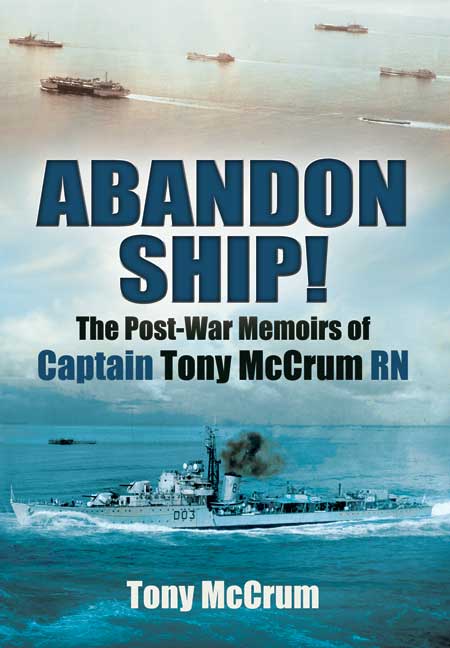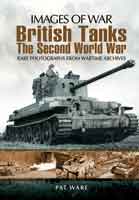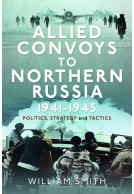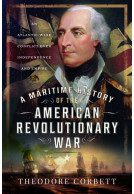Abandon Ship! (Hardback)
The Post-War Memoirs of Captain Tony McCrum RN
Imprint: Pen & Sword Maritime
Pages: 256
ISBN: 9781848846661
Published: 9th July 2012
(click here for international delivery rates)
Need a currency converter? Check XE.com for live rates
| Other formats available - Buy the Hardback and get the eBook for free! | Price |
|---|---|
| Abandon Ship! ePub (1.7 MB) Add to Basket | £6.99 |
Captain Tony McCrum's naval career started in 1932. He survived the sinking of HMS Skipjack at Dunkirk and went on to serve on minesweepers and at sea during the landings at Salerno. His wartime experiences were recently published as Sunk by Stukas.
This book covers the second part of his naval career between 1945 and 1963. Having arrived back in Plymouth from Trincomlee as a lieutenant aboard the destroyer Tarter in November 1945, his first appointment was as senior instructor at the RN Signals School in Devonport. There then followed two appointments as Flag Lieutenant; first to Admiral Pridham-Wippell, CinC Plymouth Command and then Admiral Sir Rhoderick McGrigor, CinC Home Fleet, where he was also Deputy Fleet Communications Officer. He was based on the admiral's flagship, the battleship HMS Duke of York which he joined in 1947. The fleet exercised in the Atlantic and Mediterranean and 'showed the flag' in various ports in the USA, Caribbean Islands and the Baltic. In May 1948 he was promoted Lt. Commander. In 1950 he instructed at the main Naval Signals School at Leyedene House near Petersfield.
Promoted Commander, now 32 years of age, he was surprised to be appointed to accompany King George VI on a state visit to Australia and New Zealand. This was to be aboard the liner SS Gothic as there was no Royal Yacht at that time. However after months of preparation the voyage was cancelled because of the King's terminal illness and the coronation of Britain's new Queen.
In November 1954 he took his first command, HMS Concord, a destroyer in the 8th Destroyer Squadron based in Hong Kong. During his eighteen month captaincy of this ship he saw action off the coast of Malaya and a lengthy visit to Australia to assist in the aftermath of a hurricane. After a spell ashore as Training Commander at HMS Ganges and after promotion to Captain in 1958, he was sent to Norway on the staff of the CinC Northern European Command. In November 1960 he was again given a seagoing command. He was to skipper HMS Meon and responsibility for the Amphibious Warfare Squadron in the Persian Gulf. The squadron composed of Meon, two tank-landing ships, four tank-landing craft and a Rhino (a pontoon-like vessel for the shallow-water landing of tanks). He was ordered to cover an area extending from the East African coast, the Red Sea and to the Persian Gulf. Having worked-up this mixed bunch of vessels and their crews, plus army personnel he was confronted with the defence of Kuwait when it was threatened by the Iraqi dictator General Kassem in 1961. He was charged with landing the twelve tanks in his squadron to defend Kuwait's main port of Shuwaikh. This was successfully carried out under difficult circumstances and the Iraqi invasion was defeated. After 42 years in the RN, Tony retired to be with his wife and young family
As a social history that ties together the aspects of post-war decline and the challenge of leadership, this is a thorough and enjoyable insight into the softer issues of naval operations in the mid-twentieth century.
Warship Annual 2014
Those who enjoyed Captain McCrum’s first volume of memoirs (reviewed in the November 2011 NR) will enjoy this one too: I certainly did. It takes us from his return from wartime adventures to his final sea command in the Amphibious Warfare Squadron in 1961-2 and his retirement in 1964.
The Naval Review
He has a rollicking style, wears his heart on his sleeve and comes across as a man who you could safely be cast adrift on a raft with. You would not be bored but might be engaged in a few arguments with his sometimes unconventional views which are well worth reading, even if you disagree with them: his thoughts on command are recommended reading.
It still scores alpha-plus-query: strongly recommended bedtime reading, not least for some of its hidden lessons for the future, if any will heed them.
About Tony McCrum
After the war, Tony McCrum continued in his specialisation concerning signals and communications during assault landings. He served on the Staffs of the Commanding Officer Plymouth and also the Home Fleet. In January 1955 he took command of the destroyer HMS Concord in the Far East. Between 1960 and 62 he commended the Amphibious Warfare Squadron in the Persian Gulf to prevent Iraq invading Kuwait. Now 90 years of age he lives in Devon.
















